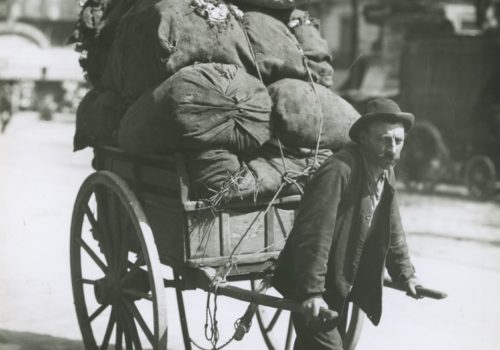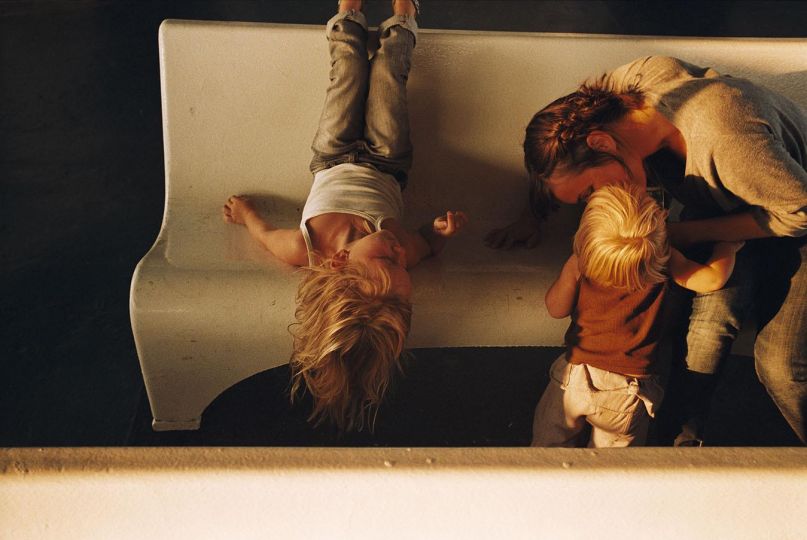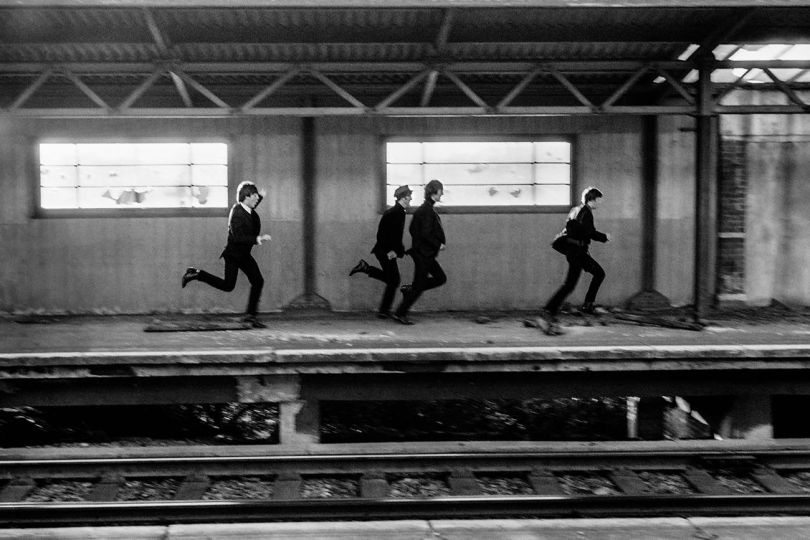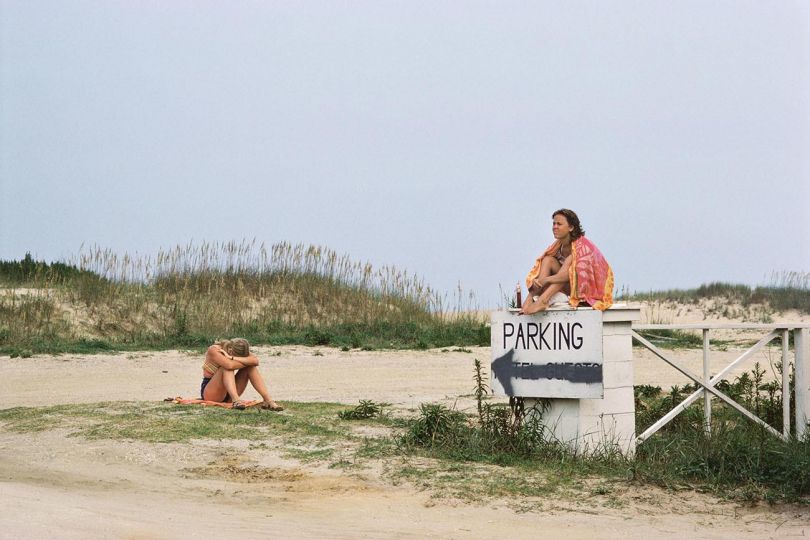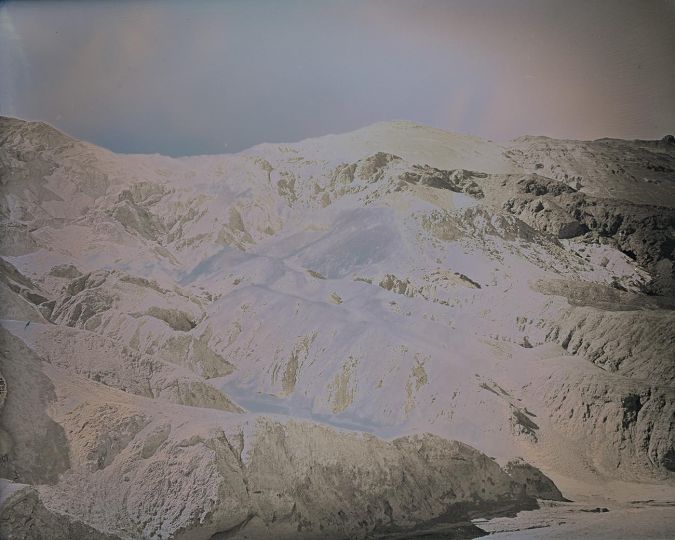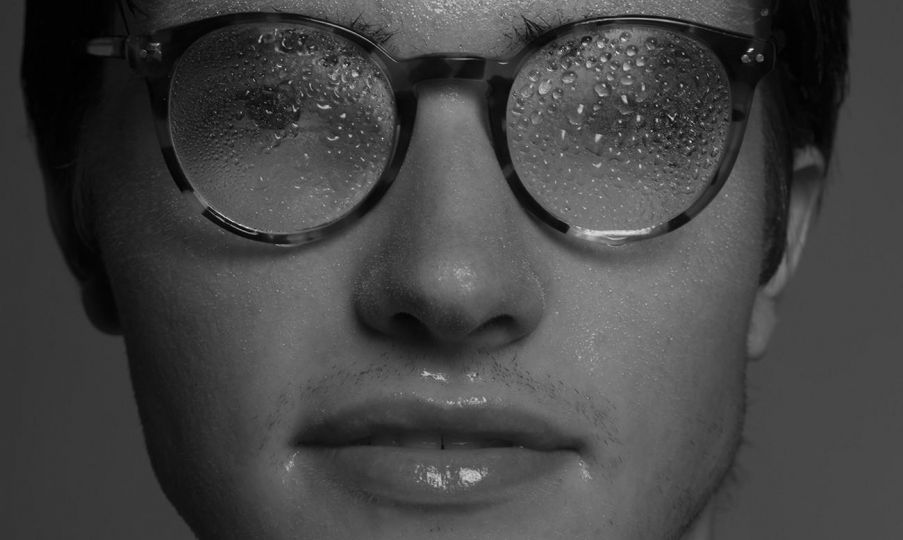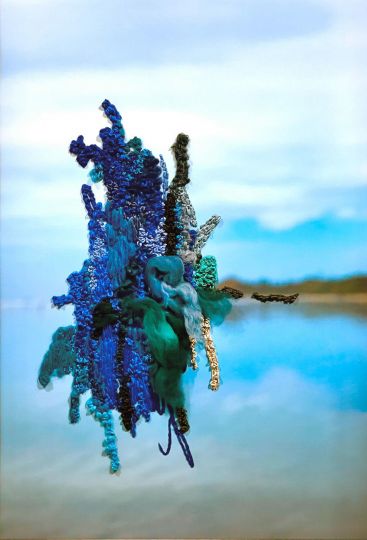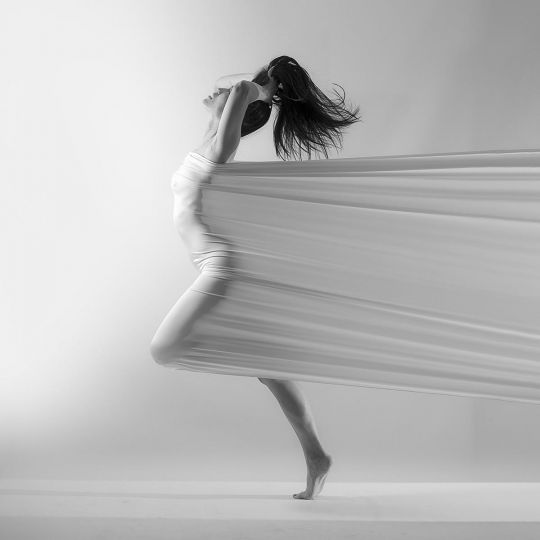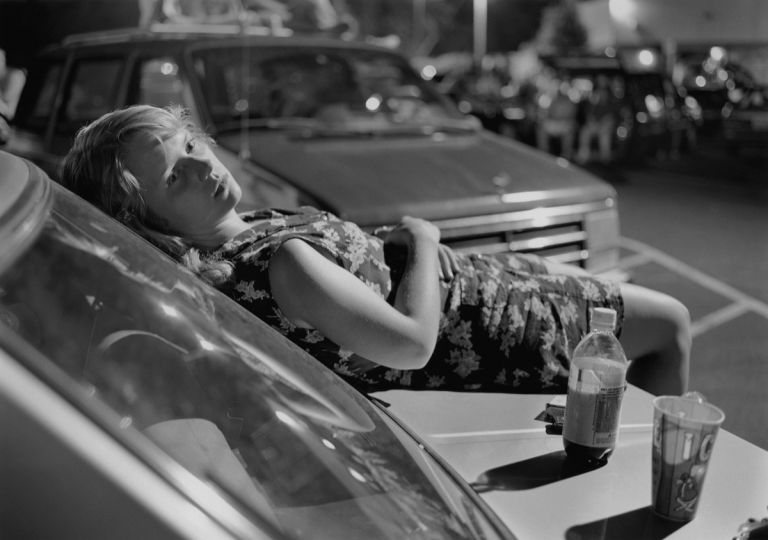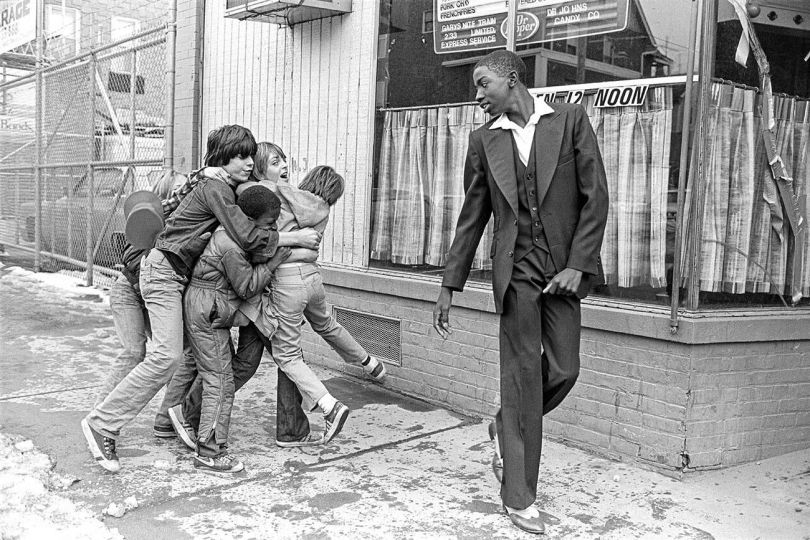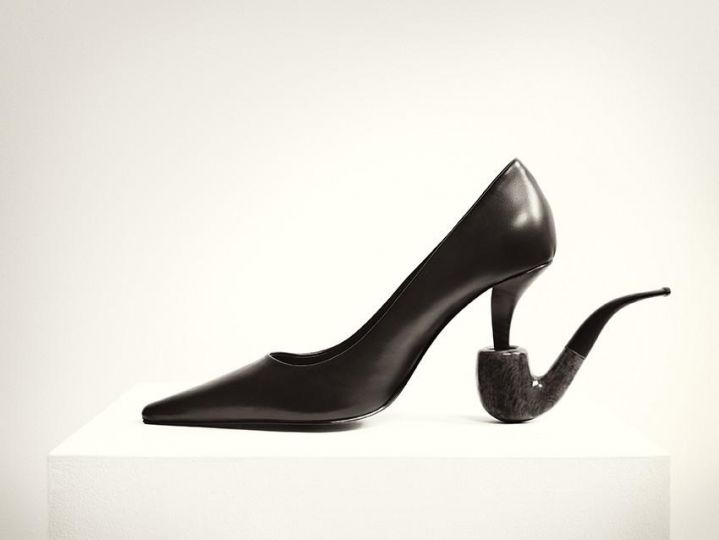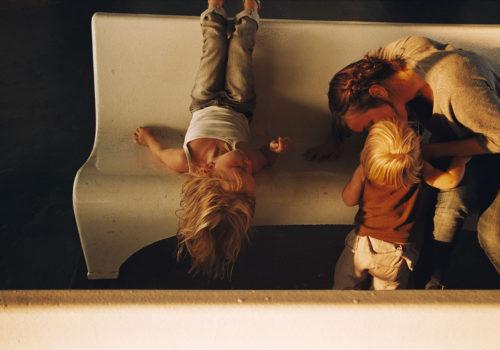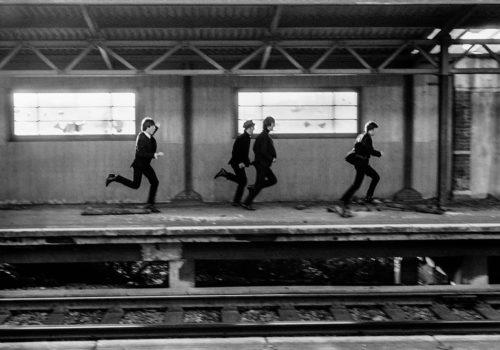It was a café for regulars, habitual drinkers who dropped in before or after work and whose place was sacred: gangs from the building sites, as well as a few customers whose position meant they could have chosen less proletarian establishment: a retired naval officer and an inspector from the national health service. In other words, humble people. The Sunday clientele was different, with whole families rolling in for an aperitif around eleven, lemonade for the children. – Annie Ernaux, A Man’s Place, 1986
My grandmother had learned how to read and write at convent school. Like the other women in the village, she was employed as a cottage weaver by one of the factories in Rouen. She worked in an airless room, where the faint daylight came through long, narrow apertures scarcely wider than loopholes. The material had to be protected fro the sunlight. She was a clean woman, with regards to both personal hygiene and domestic matters. In our village this was seen as the greatest virtue of all: the neighbors inspected the washing on the line to see how white and worn it was, and they knew exactly whose night bucket had been emptied. – Annie Ernaux, A Man’s Place, 1986
What I feel now is the opposite of what I felt as a child and a young man: for me the centre of the world is Istanbul. This is not just because I have lived there all my life, but because, for the last 33 years, I have been narrating its streets, its bridges, its people, its dogs, its houses, its mosques, its fountains, its strange heroes, its shops, its famous characters, its dark spots, its days and its nights, making them part of me, embracing them all. – Orhan Pamuk, My Father’s Suitcase, Nobel Lecture, December 7, 2006
One may press a button, or one may take photographs. Pressing a button implies that one relies on chance; taking photographs means that one works with forethought – that is, tries to understand a scene, or to bring a conception out of its beginning in a complex of ideas into finished form. – August Sander, Photography: Universal Language Lecture 5, April 12, 1931 Massachusetts Review Vol. 19, No. 4
Poverty has its whims and shows of taste, as wealth has. Some of these cabins were turreted, some had false windows painted on their rotten walls; one had a mimic clock, upon a crazy tower of four feet high, which screened the chimney; each in its little patch of ground had a rude seat or arbour. The population dealt in bones, in rags, in broken glass, in old wheels, in birds, and dogs. These, in their several ways of stowage, filled the gardens; and shedding a perfume, not of the most delicious nature, in the air, filled it besides with yelps, and screams, and howling. – Charles Dickens, Barnaby Rudge, 1841
Texts & Photos Courtesy Les Douches la Galerie
Les Douches la Galerie
5, rue Legouvé 75010 Paris
01.78.94.03.00
www.lesdoucheslagalerie.com

